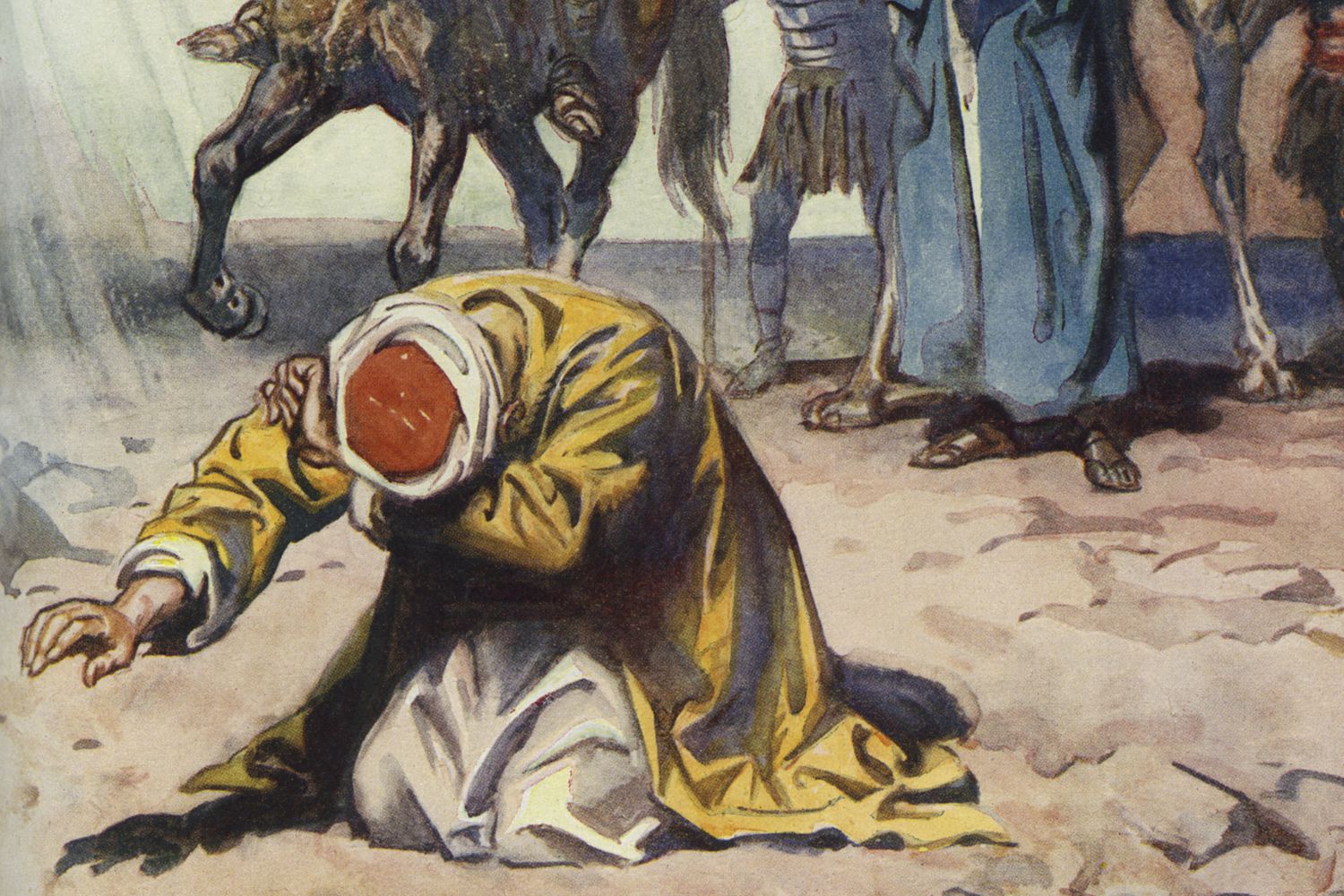“`html
Exploring the Lives of Bible Characters: Timeless Lessons from Scripture
The Bible is filled with remarkable individuals whose stories resonate across centuries, providing readers with timeless insights into faith, human nature, and God’s purpose. These biblical characters—both flawed and virtuous—stand not only as historical figures but also as embodiments of spiritual truths that are directly applicable to us today. From the great patriarchs like Abraham to the deeply transformative journeys of New Testament Apostles, the lives of these men and women reflect the dynamic relationship between humanity and God.
As we examine key figures from the Bible, we begin to perceive that they are much more than characters in an ancient text. Their experiences echo the complexity of our own lives—marked by triumph and failure, courage and doubt, faith and fear. I often find myself drawing new strength from their lives as I navigate my own walk with God, especially when I reflect on my personal journey, where doubt and great revelation have both played a significant role.
< >
>
Lessons from Old Testament Characters
The Faith of Abraham: Trust in God’s Promises
Among the many figures chronicled in the Old Testament, Abraham’s story is integral to understanding the larger biblical narrative. Known as the father of faith, Abraham is famously called by God to leave his homeland and trust in a promise of descendants and blessings that seemed impossible given his old age (Genesis 12:1-7).
As someone who has been called to trust in the midst of uncertainty—whether through health challenges or navigating my career path—I often find parallels between Abraham’s experience and my own. What stands out to me is Abraham’s unwavering faith, especially as mentioned in Hebrews 11:8:
“By faith Abraham, when called to go to a place he would later receive as his inheritance, obeyed and went, even though he did not know where he was going.”
Abraham’s journey speaks volumes about the nature of trust in God. We may not always understand the path ahead, nor can we anticipate outcomes, but the story of Abraham teaches us that faith is less about certainty and more about the willingness to follow God’s lead—often surrendering our need for immediate answers.
Moses: A Leader Called From the Margins
Moses represents another vital figure whose life transcends his time. Born into a precarious situation, Moses is drawn into the presence of royalty, only to later discover his true identity among the Israelites. His life exemplifies how God uses our past—no matter how conflicted or broken—to shape us for a larger purpose. Despite Moses’ reluctance and his initial doubts in his ability to lead (Exodus 3:1-15), God chooses him to free the Israelites from bondage in Egypt. Moses exemplifies leadership through service and deep reliance on divine guidance.
As a leader in my professional life, I’ve had moments where I felt inadequate or overwhelmed by the challenges ahead. In those moments, Moses’ struggle with self-doubt is profoundly relatable. His prayerful dependence on God reminds us that leadership is not about self-sufficiency but about surrendering our will to God’s anointing. As it says in Exodus 14:13-14, Moses advises the Israelites, “The Lord will fight for you; you need only to be still.”
< >
>
New Testament Characters: Transformation and Redemption
Peter: From Denial to Devotion
Whenever I think of Peter, especially in the context of my own journey of faith, I am reminded of both the fragility and resilience of belief. Peter’s initial devotion to Jesus is tested when, out of fear, he denies Christ on the night of His crucifixion (Luke 22:54-62). And yet, despite this profound failure, Jesus restores Peter’s position after His resurrection. This act of grace culminates in Peter’s transformation into one of the cornerstone leaders of the early Church.
What strikes me most about Peter’s story is its powerful message on forgiveness and renewal. No matter how far we may stray or fall into doubt, God’s grace offers restoration—an essential element of the Christian journey that we carry with us even today. In my own life, moments of failure have often led to some of the most profound spiritual revelations, mirroring Peter’s arc from denial to new devotion.
<
>
Paul: A Radical Transformation
The account of Paul’s conversion on the road to Damascus (Acts 9:1-19) offers perhaps one of the most dynamic and dramatic stories of transformation in the New Testament. Here we see someone who persecuted early Christians encounter Christ and suddenly become one of the Gospel’s most fervent advocates. Paul’s journey is a testament to the transformative power of God’s grace.
As a consultant and someone deeply involved in technology, I’ve often found myself marveling at how radical shifts in perspective—much like the shifts Paul experienced—allow us to see new possibilities where once there were only barriers. As noted in Romans 12:2, Paul advises us, “Do not conform to the pattern of this world, but be transformed by the renewing of your mind.” Paul’s life challenges us not just to change our behavior but to experience a profound internal transformation.
< >
>
Theological Implications of Biblical Characters for Contemporary Christianity
What is perhaps most profound about the lives of biblical characters is how they underscore God’s enduring relationship with humanity. Whether through their virtues or their shortcomings, these figures reveal a God who remains patient, loving, and intricately involved in the lives of His people.
It is interesting to see how different Christian traditions emphasize various figures from the Bible in theological teaching. For instance, in Catholicism, certain saints hold a particular place of reverence, while in Protestant circles, figures like Paul and Luther have been given a renewed prominence, often as archetypes of faith and reform. Drawing parallels to the great historical movements discussed in our recent article—such as the Reformation (The Influence of Historical Christian Movements on Modern Faith)—we see how pivotal these biblical figures have been in shaping theological thought and devotional practices.
Moreover, these characters often reflect back to us some of the most pressing questions we face today. How do we trust God in times of uncertainty, like Abraham? How do we lead with humility, like Moses? How can we experience grace and forgiveness, like Peter? And, perhaps most importantly, how do we allow God’s spirit to transform our hearts and minds, like Paul?
Modern Relevance: Applying Biblical Lessons in Today’s World
The stories of these biblical characters are not relegated to the past—their lives are resplendent with lessons that are as applicable to us now as they were in ancient times. As I reflect on my own journey, I realize that the themes of faith under pressure, forgiveness in failure, and transformative grace are constants in the life of every believer.
These figures remind us that we are not alone in our struggles. Our obedience to God, even in moments of doubt or trial, becomes a testament to our relationship with Him. In current times, whether in moments of individual crisis, societal injustice, or gripping anxiety, we can draw wisdom and strength from these stories of old.
Conclusion: Reflecting on the Bible’s Timeless Witness
The characters of the Bible stand as living witnesses to the depth and complexity of our relationship with God. Whether we examine Abraham’s faith, Moses’ leadership, Peter’s redemption, or Paul’s transformation, we are reminded of God’s intention to shape every aspect of our humanity. In your own personal reflection, consider this: Which biblical character’s journey resonates most with your life today? And what spiritual truths might God be inviting you to explore through their stories?
For further reading on the Bible’s broader theological implications and how they continue to shape Christian thought today, you might find our article on the key theological developments (Key Theological Developments That Shaped Christian History and Faith Today) insightful.
“`




Thank you for reading! I wrote this article to share my thoughts and insights. I’d love to hear your feedback and discuss further in the comments!
This was a helpful read. Looking forward to more content like this!